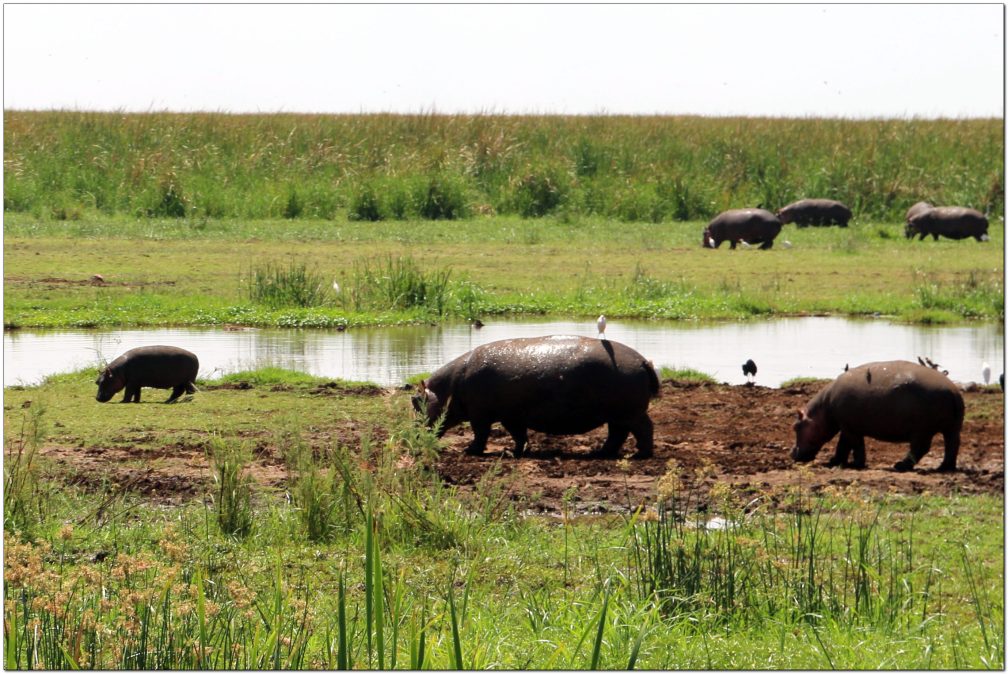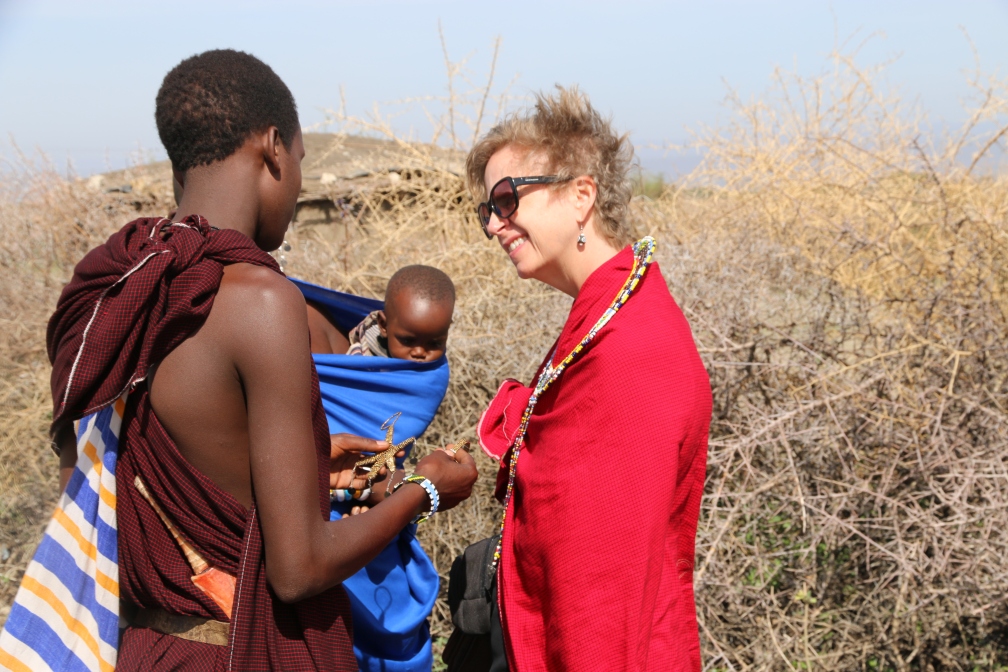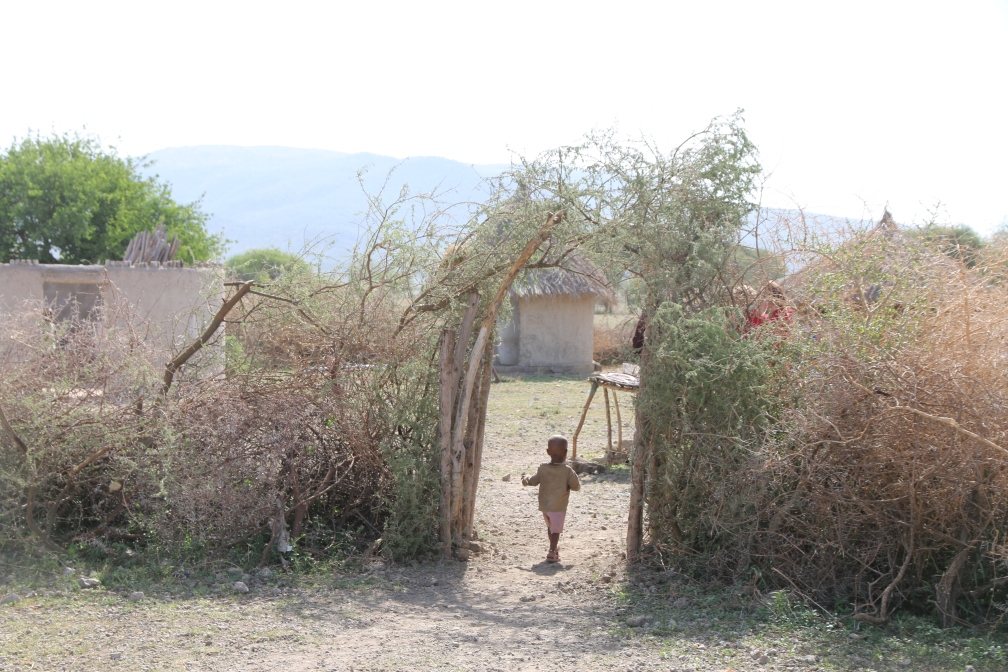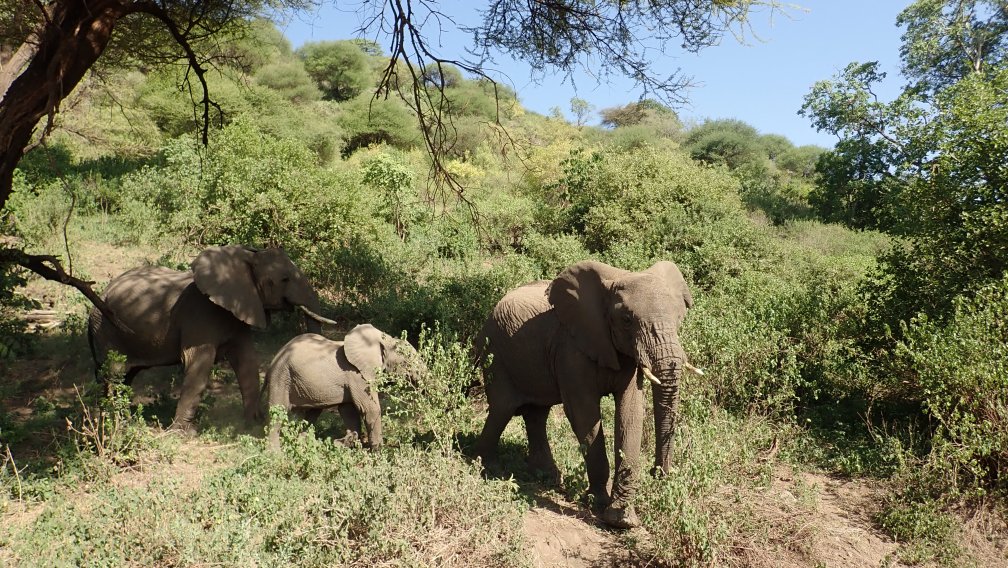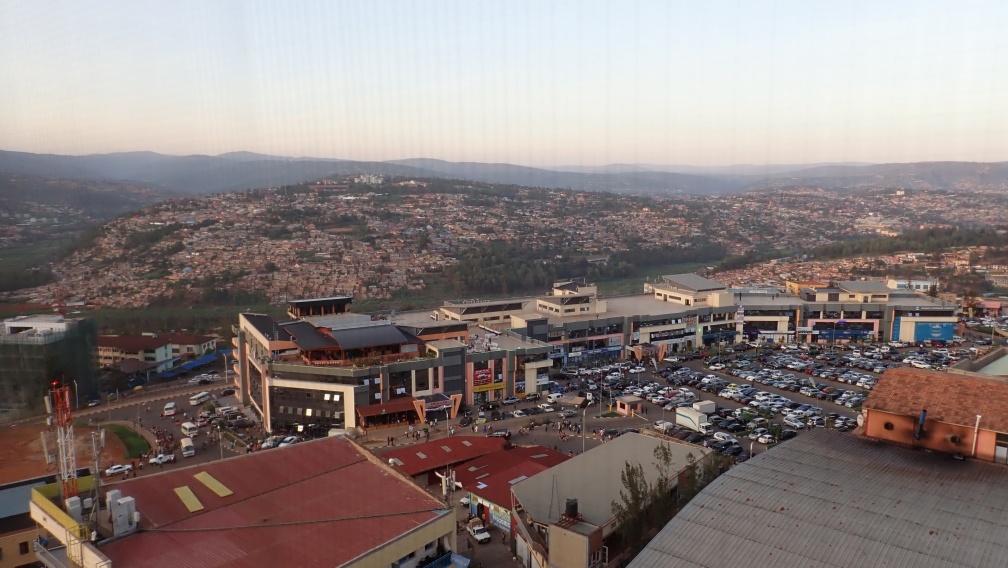Steve is driving our beloved SUV, Rhino, to her new home in Liberia with Joey and Cyrus. This is the final day of their adventure.

Day 4 of Rhino’s Last Adventure
DAY 4 – AT THE LIBERIAN BORDER After a surprisingly restful night in the otherwise unremarkable VIP Guest House, we were up and at the Liberian Border early.
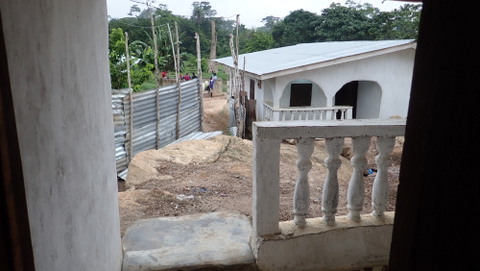
The front porch view from the VIP Guesthouse
It was not an efficient process. Later, another vehicle joined us, Côte d’Ivoire bound but having the same trouble we were. At one point it looked like our process needed a little “help” and some rectangular colored paper was pushed under the stack of dusty paper on the officer’s desk. Enraged, the officer became, indignant that we would dare to attempt a bribe. He is animated, loud and takes the slips of colored paper and slaps them down, threatening to arrest us. Somehow, a few more slips of paper end up in the stack, and all is forgiven. So it wasn’t the concept of an inducement that upset him, just the size of it.

On the left is the actual border. FYI – photography is officially prohibited…unless you’re snapping a picture of guinea fowl…then it is OK.
“Was that a bribe?” I asked Joey as we walk out? “No, that was a service fee,” he said. Working at the University, where bribes are forbidden unless your life is at risk is a condition of employment. It has left me rusty, and unable to perceive the grey lines of this funny business. We are told to bring our bags to be searched, but then they are not searched and we put them back in the car. Joey’s immigration book is still MIA. Its the book where Liberia stamps entry/exit instead of in your passport and the officer we met last night is holding it until we finish, and we figure he hopes that we will attempt to gain his favor by some monetary means.

Today its sweetbread for breakfast.
An hour later and we’re standing around eating sweet cornbread with all the officers, while we wait. In fact, everyone is chewing this bread with their mouth open and smiling at each other. Its a funny sight, our progress, already at a nearly imperceptible crawl, has come full stop while everyone chews their cornbread.
Cornbread finished, we all wipe the crumbs from our face, and the process is suddenly finished. Joey takes the papers to get his immigration book and slips him something.
When he returns, I ask: “Was that a bribe?” “No, that was a shakedown, and we’re about to see a lot more,” Joey says.

An NGOs signboard has a big red X on it, meaning no longer active in Liberia due to war or ebola.
Along the way we see a disturbing number of defunct NGO signboards with a red X, meaning no longer active. First the war, and then Ebola, and NGO’s left.
Three hours of potholes and we are at Jackie’s Guesthouse, our yesterday goal, enjoying some delicious shawarmas and a cold coke.

Menu Specials at Jackie’s
We’re on a good tar road for the next four hours, and Cyrus drives the whole way. The only hiccup is an immigration check that goes badly, not because we’ve done anything wrong, but because they see an opportunity.

Cyrus – our Liberian Driver.
Sometimes a bribe is to get around the law, like you’ve been caught speeding, and the bribe helps an officer look the other way. But we have followed the spirit and letter of the law. Sometimes a bribe is to give or receive more favorable treatment, as in jump the queue (or line), like when you’re in a hurry. The airlines call this priority boarding, but we are the only ones at the checkpoint, so there is no line to jump. This is extortion, pure and simple. I stay in the car, while Joey goes off to see what the snag is. I’ve found it helpful to stay in the car and stay out of it. I don’t know the culture and could only screw things up, worse than they are already screwed up.
Joey and Cyrus hop back in the car. “Lets Go!” Joey says. Cyrus plays with his phone, and he is the driver. No movement. “Lets GO,” Joey says with more urgency. Nothing. I’m not sure what happened out there, but it can’t be good. “LETS. GO. NOW!” and that gains Cyrus’ attention. Joey is looking behind, like we’re in the getaway car, and he just robbed a bank. Extortion is like that I guess, but moments later we pass through the checkpoint without incident or burning rubber.

On the nice Tar Road, finally.
As we near the coast, we enter Firestone’s rubber plantations. Miles and miles of rubber trees. This is the second largest rubber plantation in the world, and it is huge.

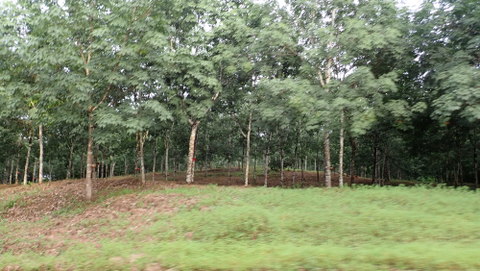
Rubber Trees – driving through the Firestone Plantation.
For the next four hours there are no stops, and twelve hours after this morning at the border, we pull into Joey’s home. His family is more than ready to have him back. Love and kisses all around, and I’m relieved. My prayers were answered, it was a boring day. We made it, and so did Rhino.
Monkey Apples, AKA Lychee is a delicious roadside snack
I have a few relaxing days with his family. There are morning devotions, going to the beach for sunset, and catching up on the maintenance that didn’t happen while Joey and Cyrus were gone. They are a delightful family, and so welcoming.


Every workday begins with devotions, led by Kerry

Sunset on their beautiful beach
On Friday, its a quick boat trip across the river, and I’m picked by Johanass, a TMS-Global colleague of ours, who drives me to the airport and I fly easily back to Ghana.

Tomorrow begins the final push to pack up and leave Ghana…in one week! I am happy to know Rhino has a good new family with Joey and Kerry. They promise to let us know how he is doing.

- Rhino’s New Family

Field testing the bumper one last time. Little known fact, that stainless steel bumper is all for show, its held on by two thin strips of metal.
[The rest of the family]





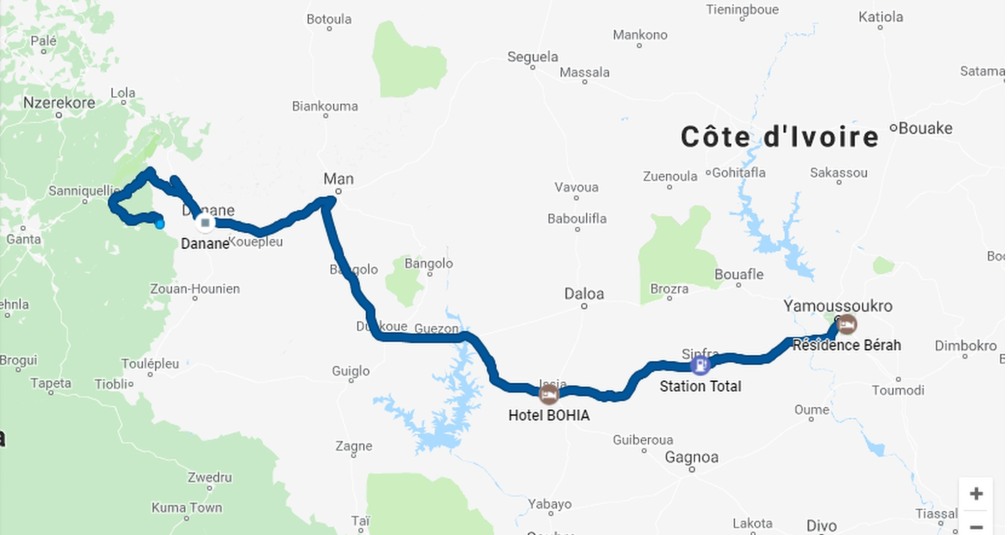







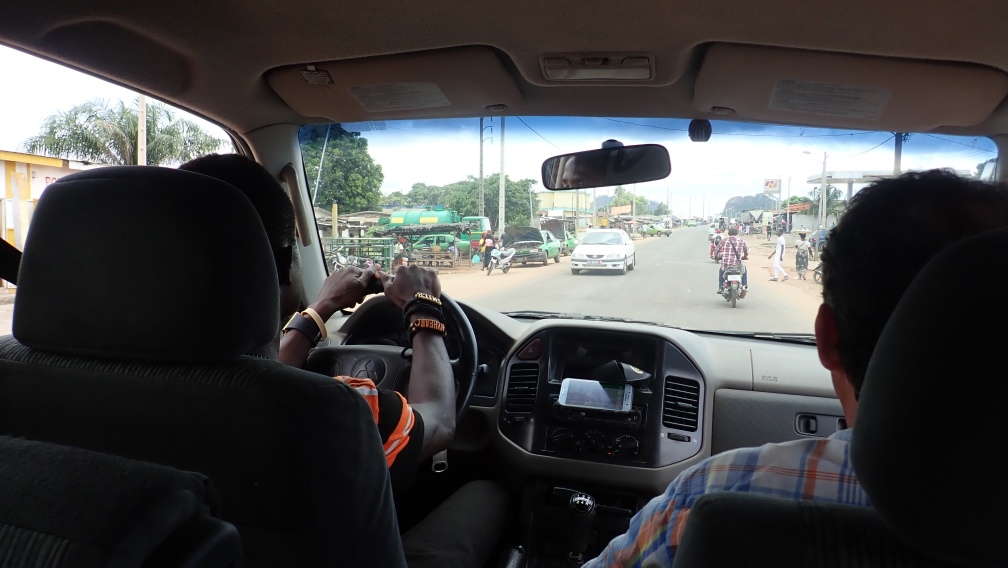












































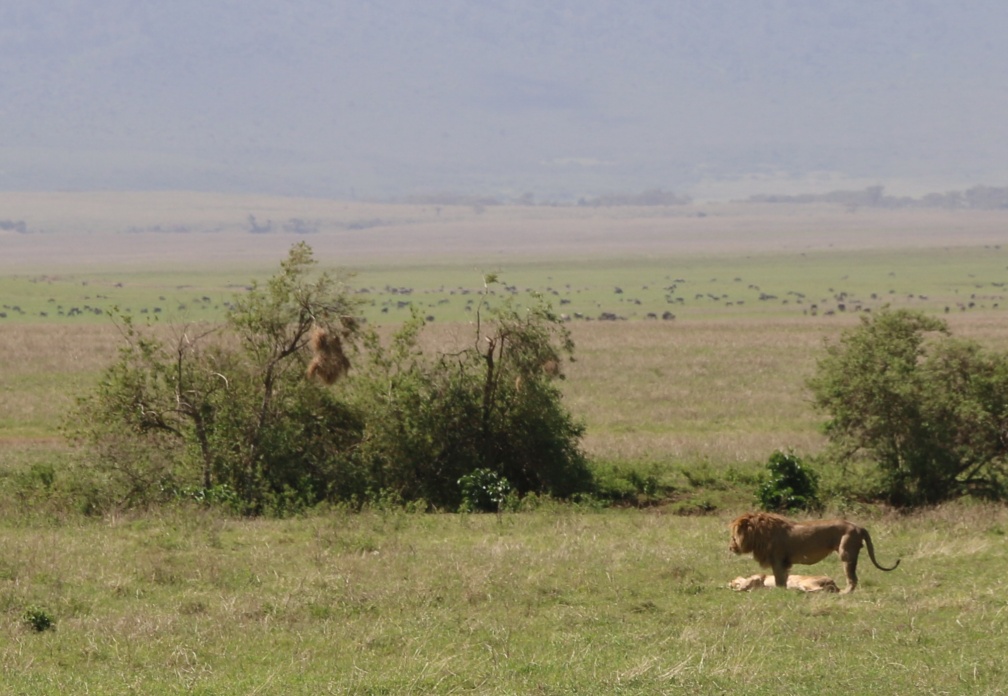


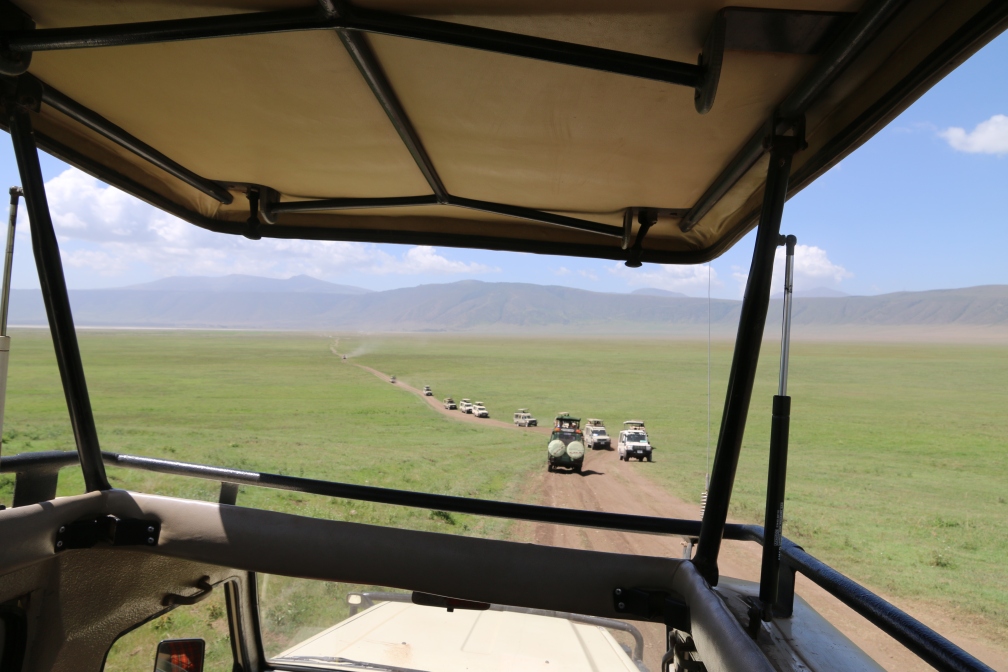




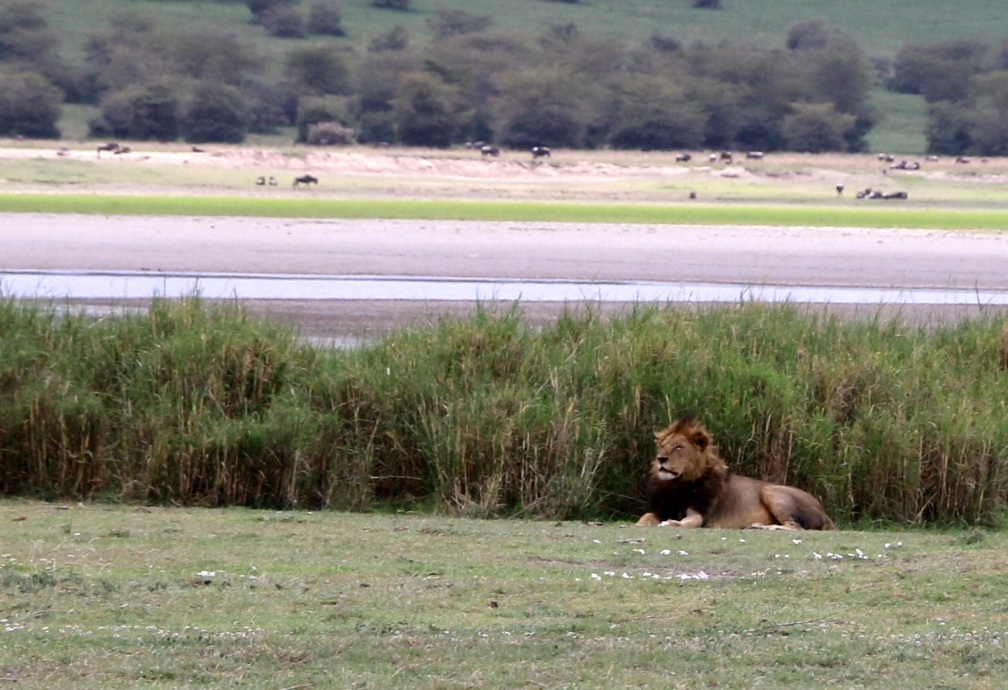














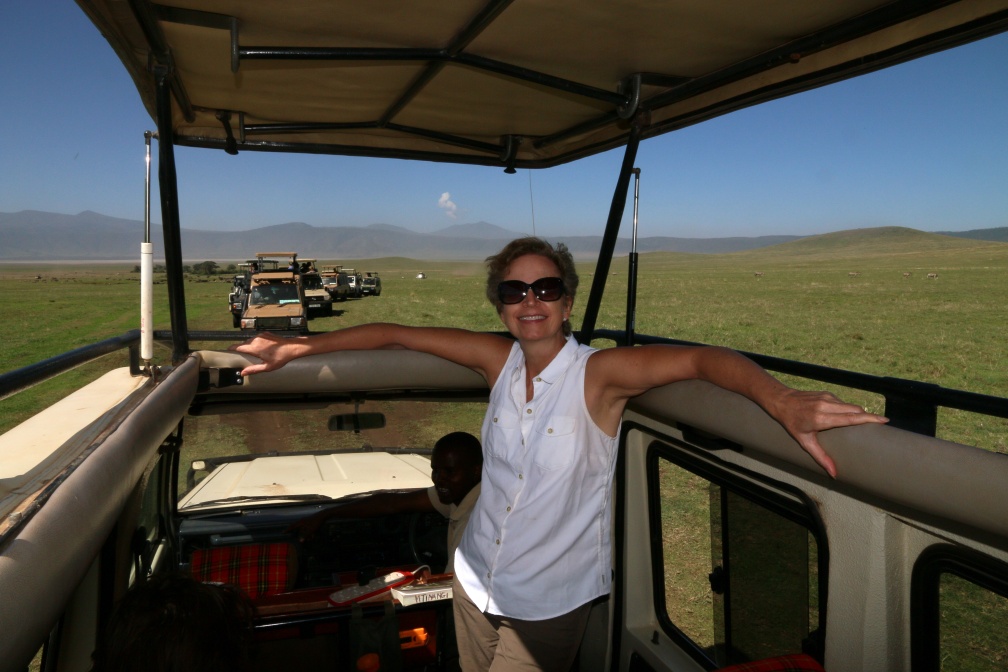







 [Maasai Country Drive]
[Maasai Country Drive] [nice roads]
[nice roads]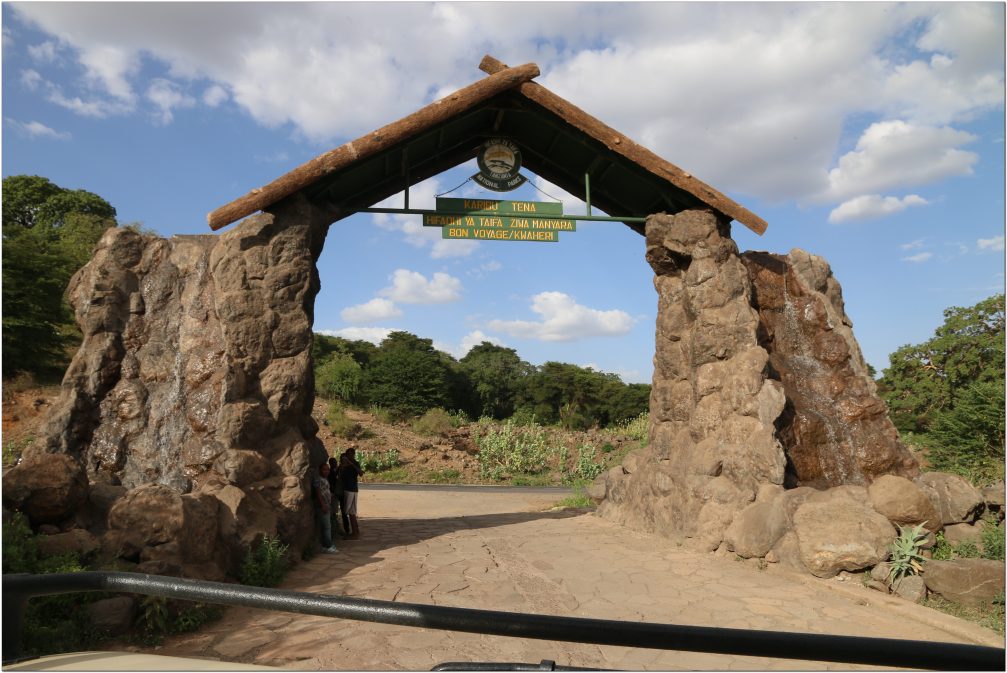
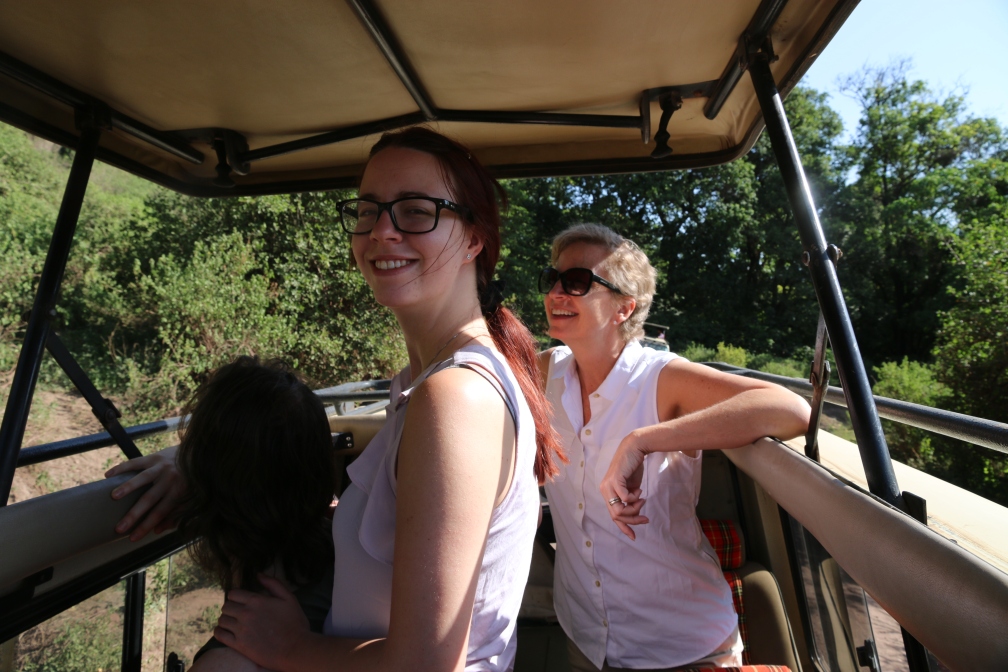 [Sue, Anna, Ben with top open]
[Sue, Anna, Ben with top open]

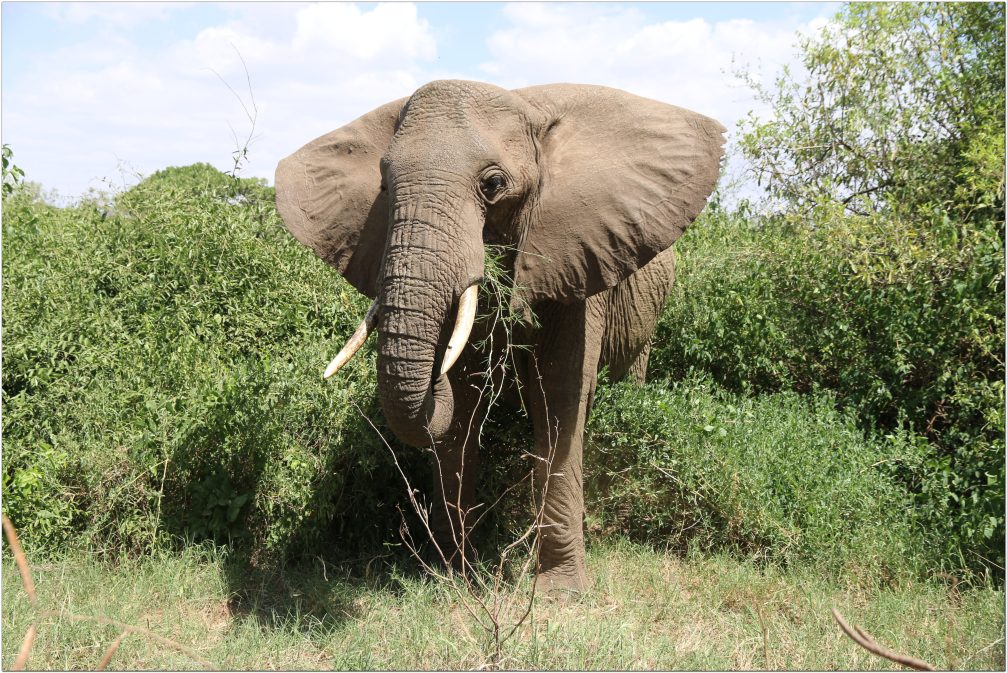 [watching a memory of elephants pass us by]
[watching a memory of elephants pass us by] [the other wildlife in the park, the really dangerous]
[the other wildlife in the park, the really dangerous] [selfies!]
[selfies!] [even Frank does a selfie]
[even Frank does a selfie] [kids laughing]
[kids laughing]
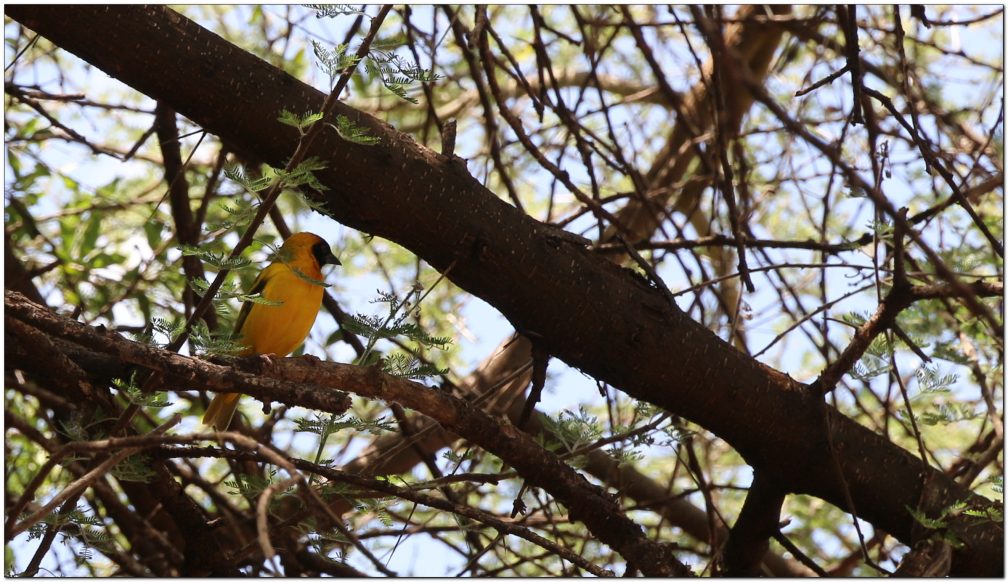 [the animals really do occupy the same area – wildebeest, zebra]
[the animals really do occupy the same area – wildebeest, zebra]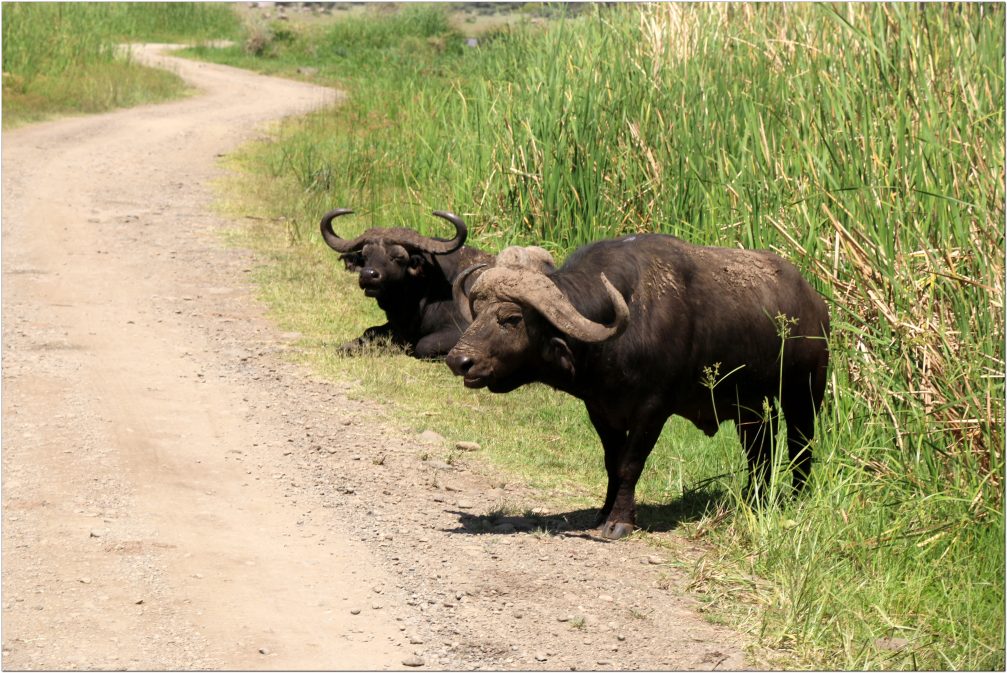

 [Cape Bufflow shots, distant, up close, in the mud]
[Cape Bufflow shots, distant, up close, in the mud]
 [Frank, our wonderful guide]
[Frank, our wonderful guide] [Suzanne viewing]
[Suzanne viewing]







